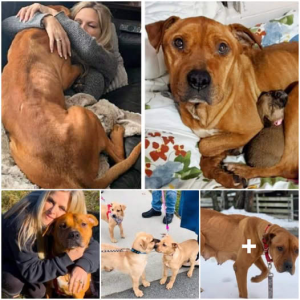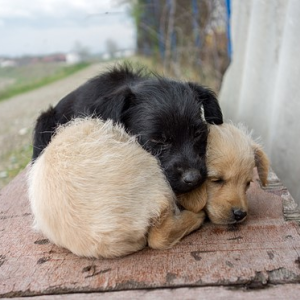Not all celebrity political endorsements are created equal. But pop megastar Taylor Swift’s endorsement of Vice President Kamala Harris after last night’s presidential debate has the potential to be a big one.
With 283 million followers on Instagram and hundreds of millions of fans who made history for her Eras Tour last year as the first tour to gross over $1 billion, Swift is arguably the world’s biggest pop star right now. But does that translate into bringing American voters to the polls?
Fifty-three percent of Americans identify as her fans, according to a Morning Consult poll last year, and a majority of her fans are white, suburban, Millennials – many of them women who earn less than $50,000 annually – who lean Democratic. So Swift’s endorsement may not move many Republicans to support the Democratic ticket. (A different kind of celebrity – former Vice President Dick Cheney, along with his daughter, Liz Cheney, a former chair of the House Republican leadership – last week said he will vote for Harris, giving disaffected GOP partisans permission to defect from Trump.)

PEDRO UGARTE|Getty Images
A photo of singer Taylor Swift’s Instagram post endorsing Vice President and Democratic presidential candidate Kamala Harris, Sept. 10, 2024.
Where pop star Swift’s influence may actually make a difference is in prompting people who might not otherwise vote to show up at the ballot box for Harris on Nov. 5.
In a fragmented entertainment world, some stars can be very famous with one audience and largely unknown to others. For example, an endorsement of Donald Trump by country western musician Trace Adkins in 2016 wouldn’t have meant anything to much of the general public and may even have hurt Trump’s with some groups, but among country music fans in the state of Ohio, Adkins would be a net positive, according to a survey we conducted at Bowling Green State University.
For celebrity endorsements to work, likeability is critical. Swift is not just liked, but beloved – even revered – by her legion of fans known as Swifties. Scholars speak of parasocial relationships, meaning one-way relationships between a celebrity and fans that feel like a two-way relationship, thanks to social media and the close connection felt when a performer sings about things that are deeply personal and meaningful to the listener. Swifties relate to their idol in terms of life, love and being a feminist in the U.S., especially in the era of Trump.
Then there is the issue of credibility. Does the celebrity seem to know what they’re talking about? In Swift’s endorsement of Harris and her running mate, Gov. Tim Walz of Minnesota, she specified that she had watched the debate. “As a voter, I make sure to watch and read everything I can about their proposed policies and plans for this country,” she wrote, signaling that she is making an informed choice.
She mentioned the fake AI-generated images that Trump shared on his social media account last month in which he “accepted” her endorsement (even though she had never given it).
She was also specific in why she was supporting Harris and Walz, calling out issues of importance to women, noting that Walz: “has been standing up for LGBTQ+ rights, IVF, and a woman’s right to her own body for decades.”
Likeability and credibility are related, and it’s safe to predict that her fans would find what she says persuasive.
Celebrity endorsements can persuade people who are not deeply engaged in politics – or may not even be paying attention to the race – to go to the polls and vote, which they might not otherwise bother to do. In the real world, many people don’t research issues and whom to vote for and need shortcuts such as endorsements from unions, interest groups, local newspapers or even celebrities.
In that respect, a celebrity endorsement is no different from any other. But Swift is such a mega star that her endorsement has the potential to be more meaningful than almost any other.
David Jackson is a professor of political science at Bowling Green State University in Ohio, where his research focuses on the links between young people’s entertainment and political preferences.





